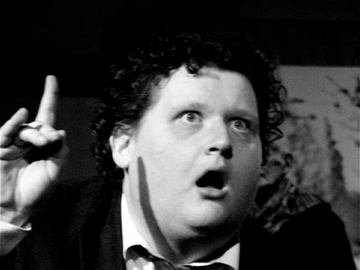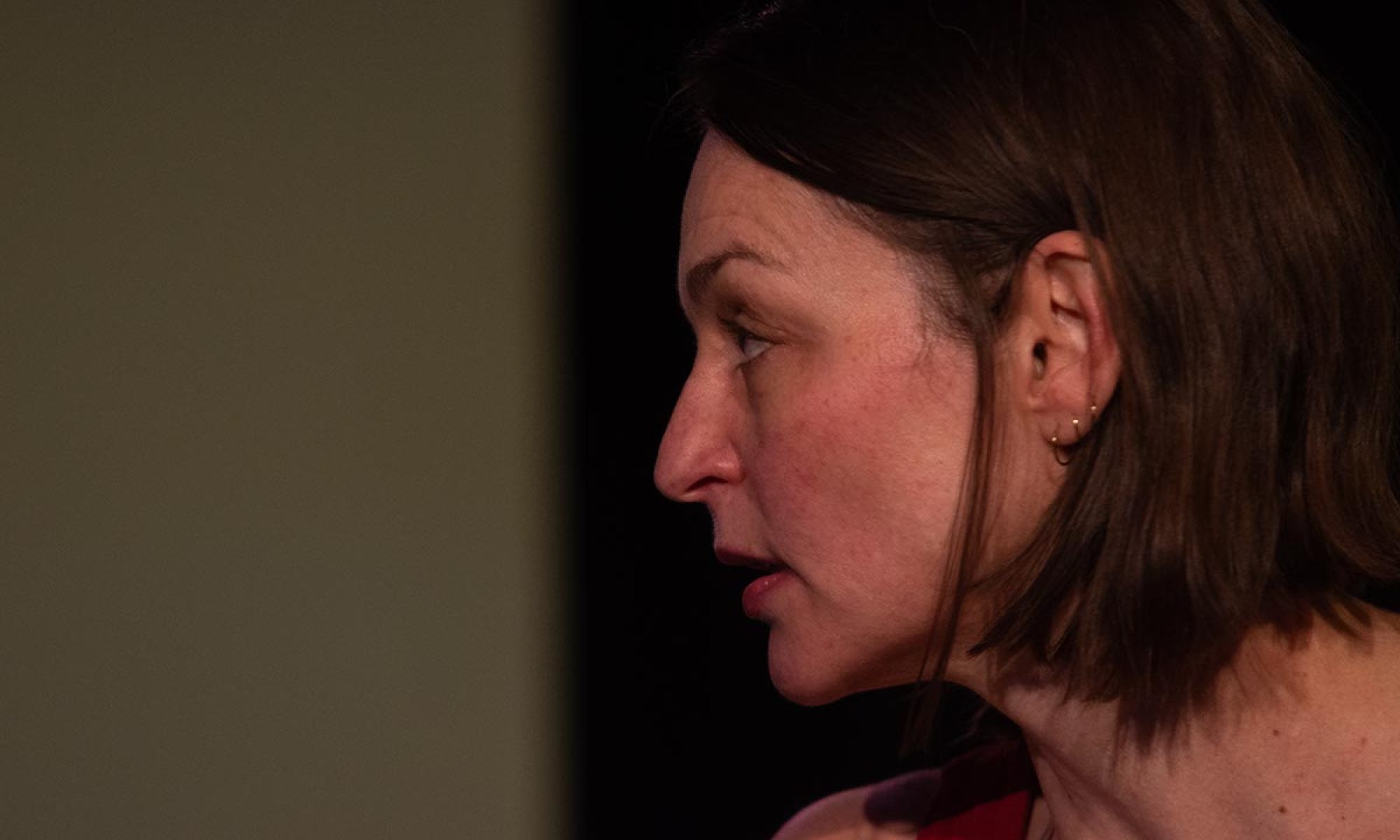
2005
Author: Samuel Beckett
Director: Arne Sybren Postma
Vladimir and Estragon are waiting. And they are good at it.
They’re virtually the ultimate timekillers.
Waiting can be such an exciting game!
Things can happen.
Feet can stop aching.
Night can fall.
And you can abuse or be abused.
Lets hope Godot will never show up!
Vladimir:
Suppose we repented.
Estragon:
Repented what?
Vladimir:
Oh… We wouldn’t have to go into the details.
Estragon:
Our being born?
In Waiting for Godot the fundamental absurdity of the human existence is described in a poignant and painful way. The two main characters, kind of vagrants, are trapped in a circle of ever returning trivialities. The waiting for Godot – academics can’t seem to agree if he symbolizes God or not – forms the most important activity in the play. Waiting but not being able to go anywhere, to want something but being perpetually stuck, anguish and a continued focus on strengthening the feeling of fear and emptiness. Their pasts are an unclear mess of what is real and what is fantasy (and one of the duo has a chronic memory problem) and they are not in any state to imagine a representation of the future.
Beckett was the first to bring that feeling of permanent fear and loss of ideals of the post-war human to the stage so poignantly without losing his (sometimes pitch-black) sense of humor in the process. This humor manifests itself in the, sometimes vaudeville-esque, passages; in sharp text and the contrasts between the characters of Vladimir and Estragon (who sometimes remind us of a sort of Laurel and Hardy).
Cast
Herman Duchenne as Vladimir
Ivo Richaers as Estragon
Ed Balsters as Pozzo
Ruud van der Zalm as Lucky
Julia Lintelo as Miss Boy
Jan Kees in ‘t Veld as CEO@GO.com
The audiovisual installation was made by Jules Stoop


